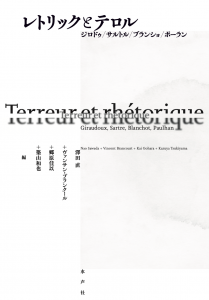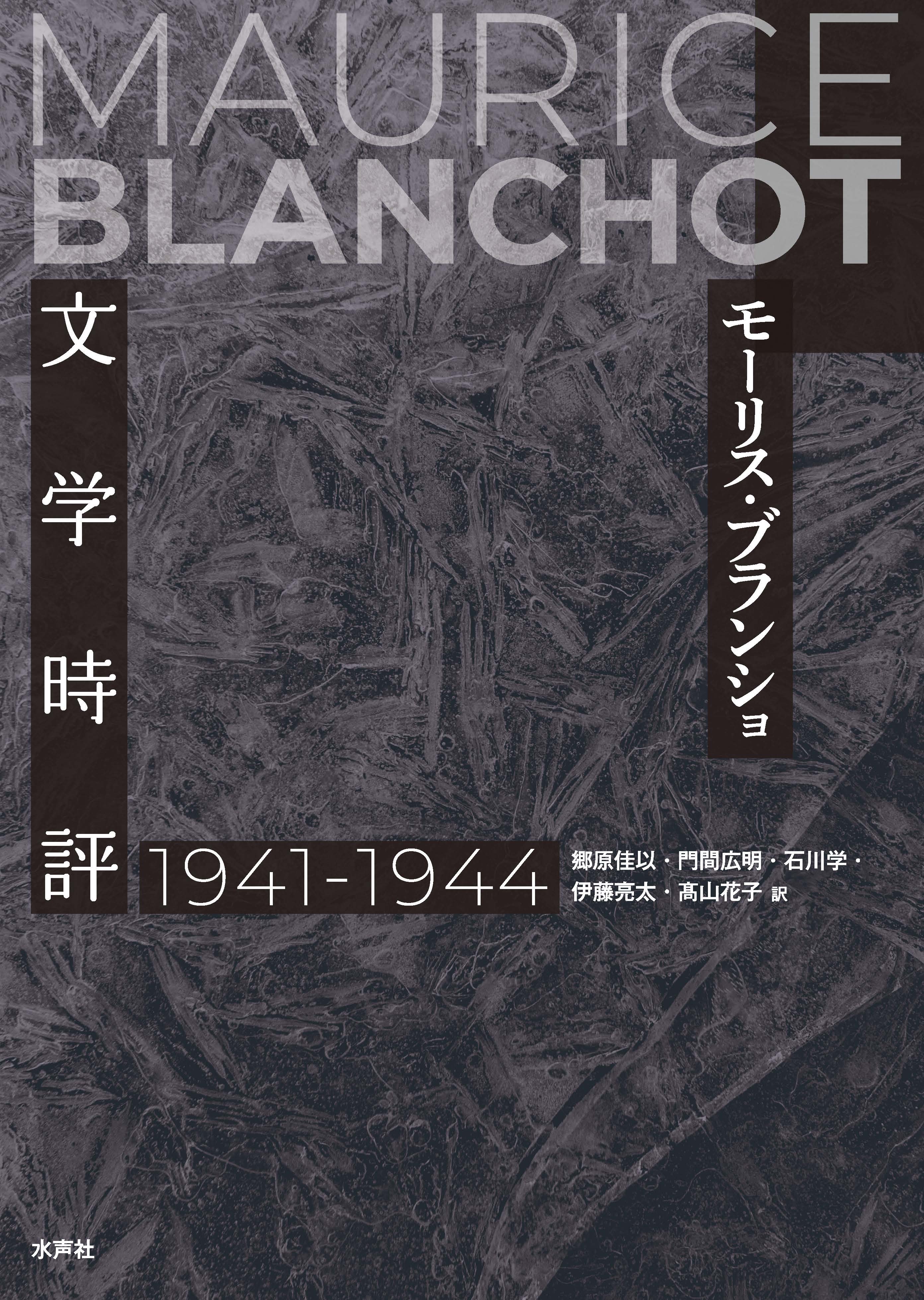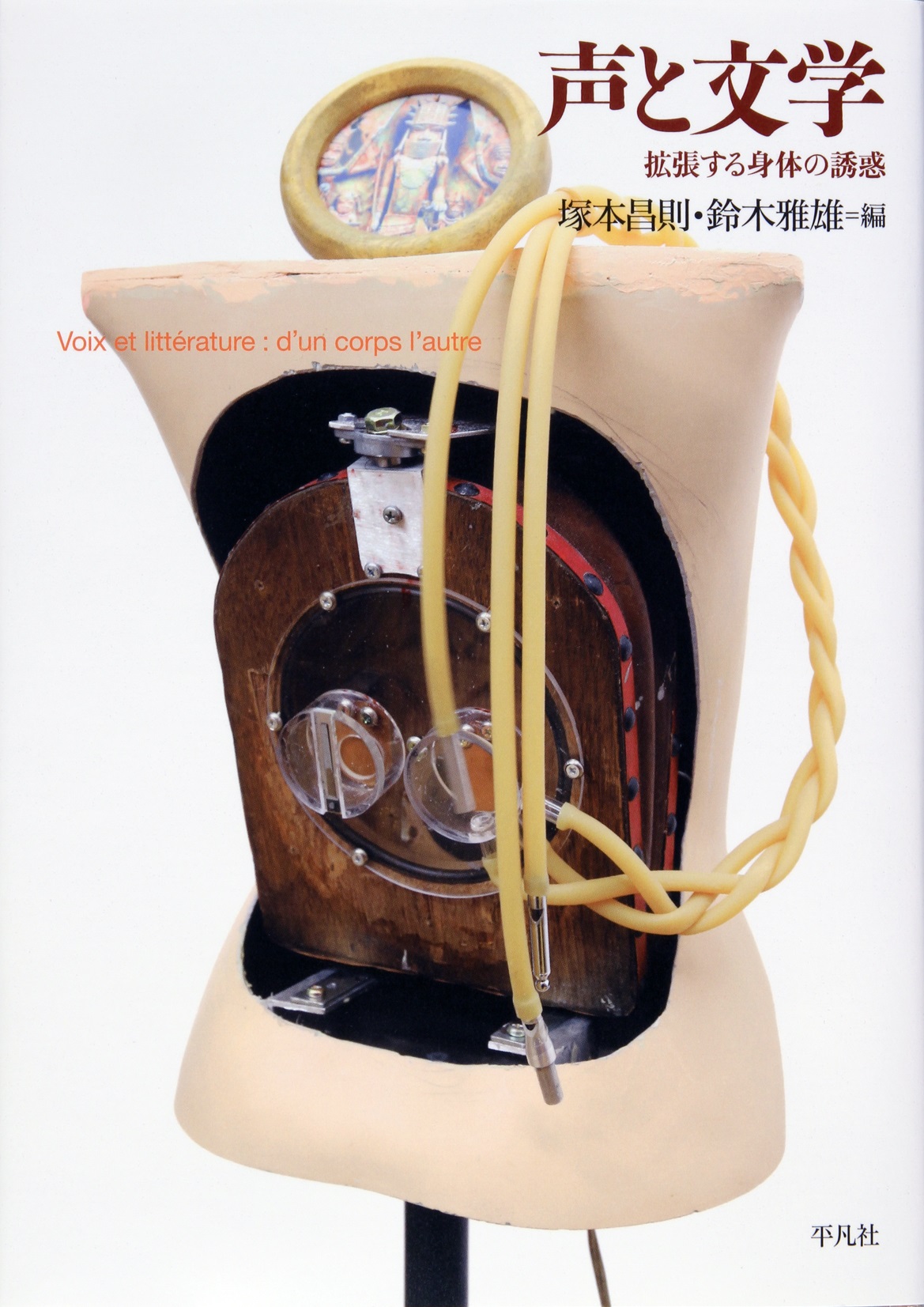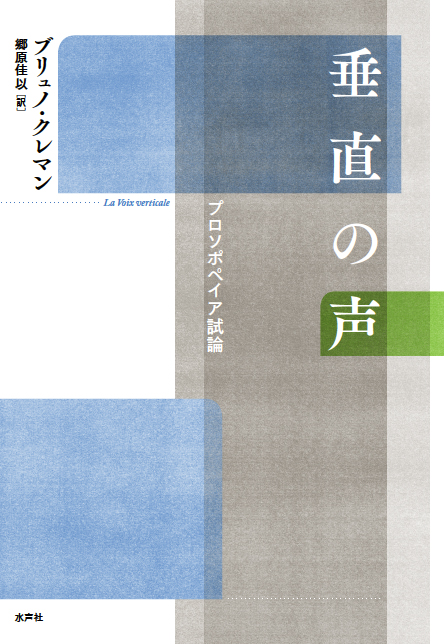
Title
Maison Franco-Japonaise Library Rhetoric to Terror (Rhetoric and Terror - Giraudoux, Sartre, Blanchot, Paulhan)
Size
304 pages, A5 format, hardcover
Language
Japanese
Released
March, 2024
ISBN
978-4-8010-0801-4
Published by
Suiseisha
Book Info
See Book Availability at Library
Japanese Page
This book is a collection of essays that considers its starting point the international symposium “Rhetoric and Terror: Giraudoux, Sartre, Blanchot,” held at the Maison Franco-Japonaise in October 2023. Importantly, the title “Rhetoric and Terror” requires some explanation. “Rhetoric” used to mean “dialectic” more broadly; however, here it can be thought of as a discipline that focuses on how to speak rather than what to speak. This refers to the study of sentence coloring, such as metaphors and metonymies. The term “Terror” refers to the “Terror” of the French Revolutionary period, not to terrorist incidents. However, it has also been used metaphorically here.
Using “Terror” figuratively, the critic Jean Paulhan pointed out that since the nineteenth century, French critics and writers’ ideas about the language of literature have been divided between the “Rhetoric” and “Terror” schools. He was not only a critic but also the editor-in-chief of Nouvelle Revue française, a literary magazine that played a major role in twentieth-century France. In 1941 he published The Flowers of Tarbes, Or, Terror in Literature, in which he criticized as “Terror” those who eschewed the overused language in favor of the direct expression of originality and preached a new revival of “Rhetoric,” which believed in the power of words.
During the German occupation of France, writers and critics addressed Paulhan’s issues in their own ways. This collection focuses on Jean Giraudoux (1882–1944) and a generation of younger writers and critics Jean-Paul Sartre (1905–1980) and Maurice Blanchot (1907–2003), who became active mainly after the war. Giraudoux was a writer and critic of considerable renown at the time, known for Suzanne and the Pacific and The Trojan War will not take place. This collection of essays by 11 (12 at the symposium) researchers in the fields of Giraudoux, Sartre, Blanchot, and others examines how they developed their literary criticism in response to the issues raised by Paulhan and how they relate to each other.
Part I discusses Giraudoux, and Part II discusses Sartre, Blanchot, and Paulhan, including their relationship with critics of their time, Claude-Edmonde Magny and Brice Parain, and the poet Lautréamont from the previous century. Through an unprecedented combination of writers, this collection may have shed light on the shared awareness of issues surrounding the literary language in France during the Second World War.
(Written by GOHARA Kai, Professor, Graduate School of Arts and Sciences / 2024)



 Find a book
Find a book




